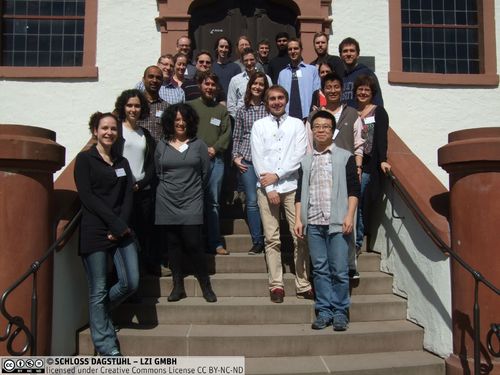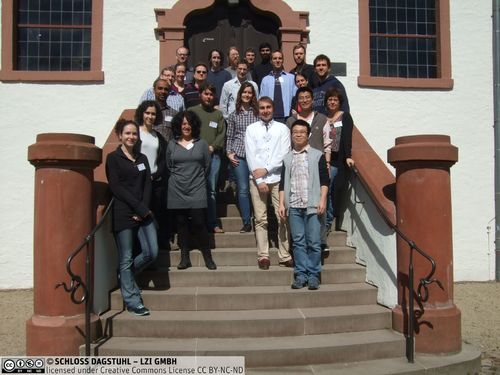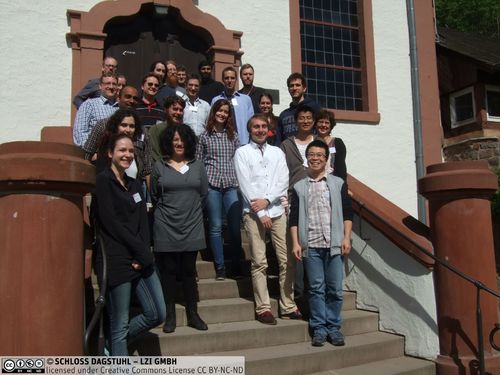GI-Dagstuhl Seminar 15212
Computational Imaging
( May 17 – May 22, 2015 )
Permalink
Organizers
- Matthias B. Hullin (Universität Bonn, DE)
- Ivo Ihrke (INRIA - Bordeaux, FR)
- Lars Omlor (Carl Zeiss - Oberkochen, DE)
Contact
- Heike Clemens (for administrative matters)
This GI-Dagstuhl Seminar is centered on an emerging inter-disciplinary topic: the design, the analysis, and the applications of novel computational imaging and projection approaches. This topic requires a strong expertise in a number of different areas such as computer science, applied mathematics, physics, and potentially specialized knowledge in application areas such as biology, medicine, astronomy, surface metrology, earth sciences and more. Today, such background is rarely found in individual researchers or even in individual project teams.
The last few years have seen a strong impetus of computational processing techniques onto the design of optical measurement, imaging, and projection systems. Computational techniques are becoming an integral part of novel optical devices. The digitization of the complete imaging pipeline, in conjunction with ever more powerful (on-board) processing capabilities has enabled this possibility. Being closer to the data sources and co-designing measurement, imaging, and projection systems has been proven to enable significant new capabilities and improvements of existing ones. The potential impact on future hybrid computational-optical designs can not yet be fully comprehended but it is likely to be extremely large.
The seminar is intended to gather a suitable group of young researchers that together provide the necessary background to enable a broad assessment of the state of the art in this emerging area. In addition, we aim at an assessment and identification of the most promising future research directions. The seminar goals can be listed as follows:
- help in creating a common language and identity
- identify topics of joint interest and of global significance
- form contacts between future advocates of this emerging field
- form an agenda of highest impact research for the coming years




